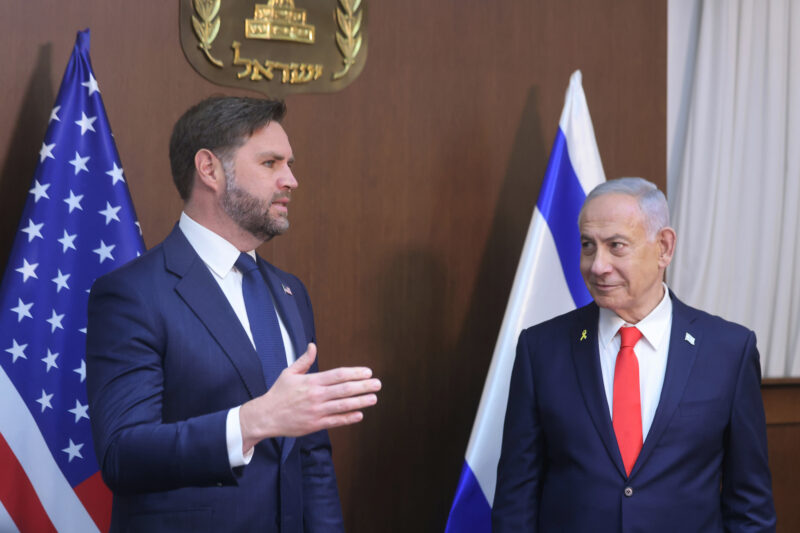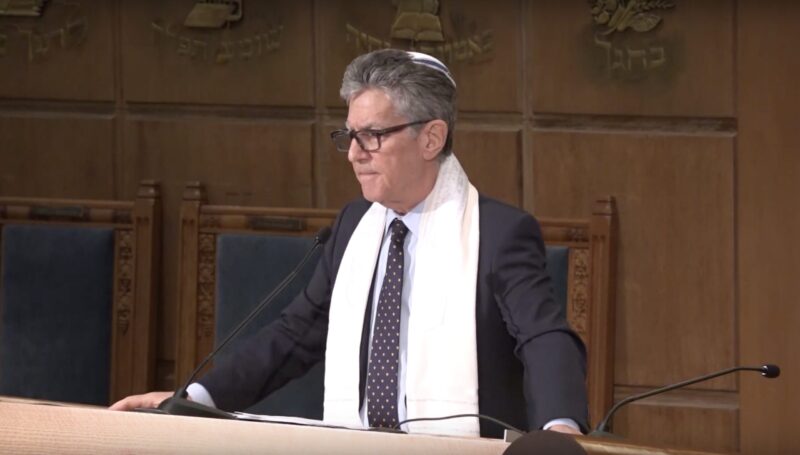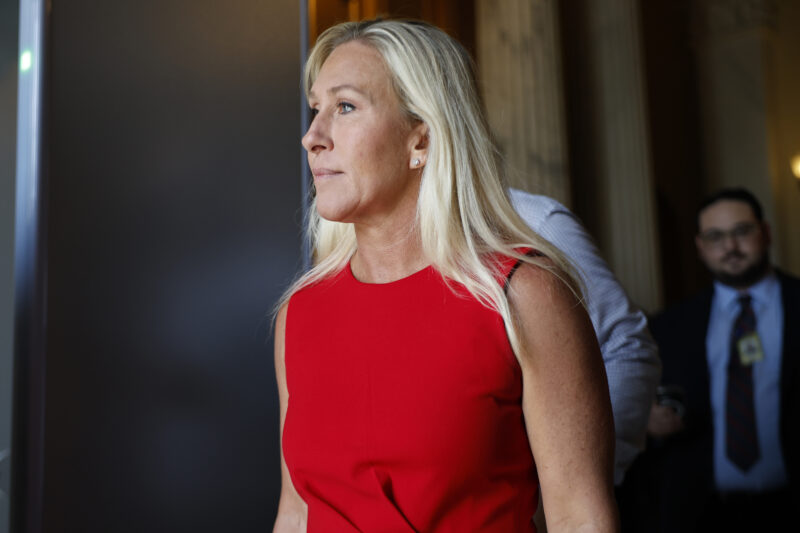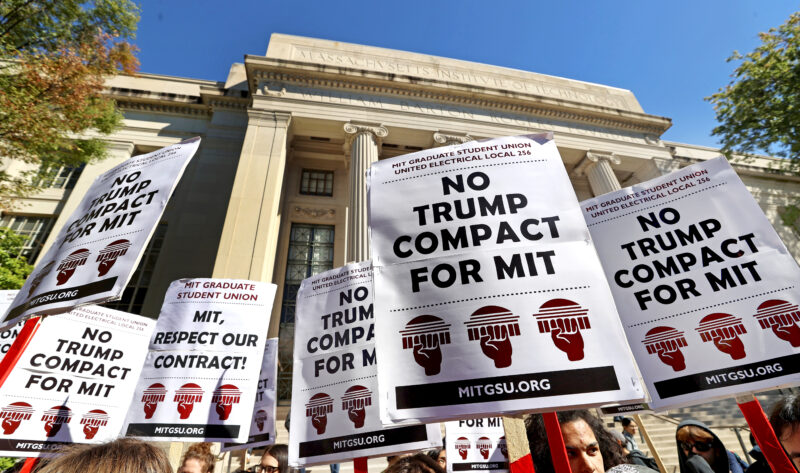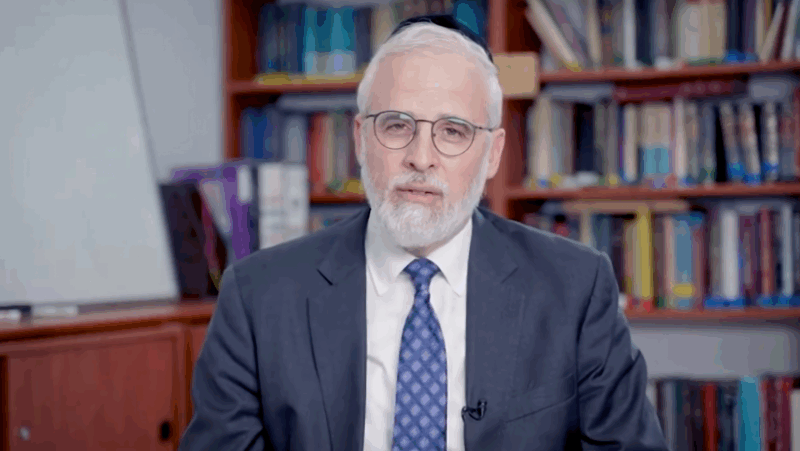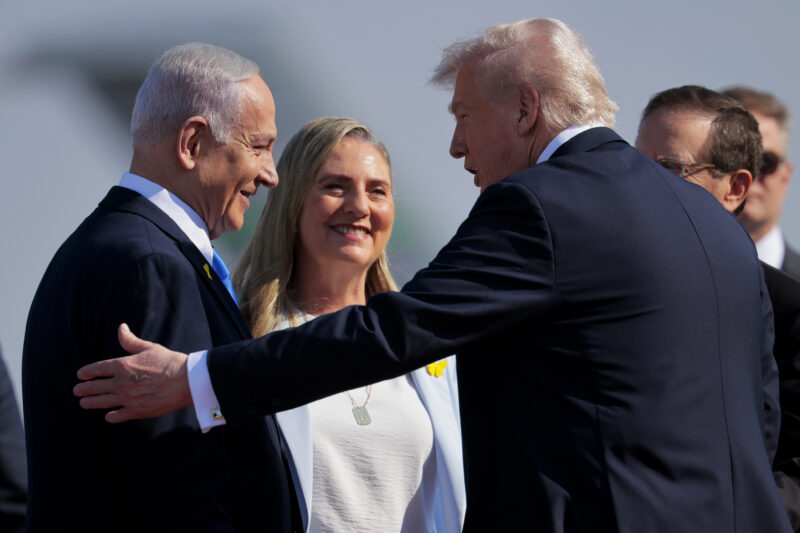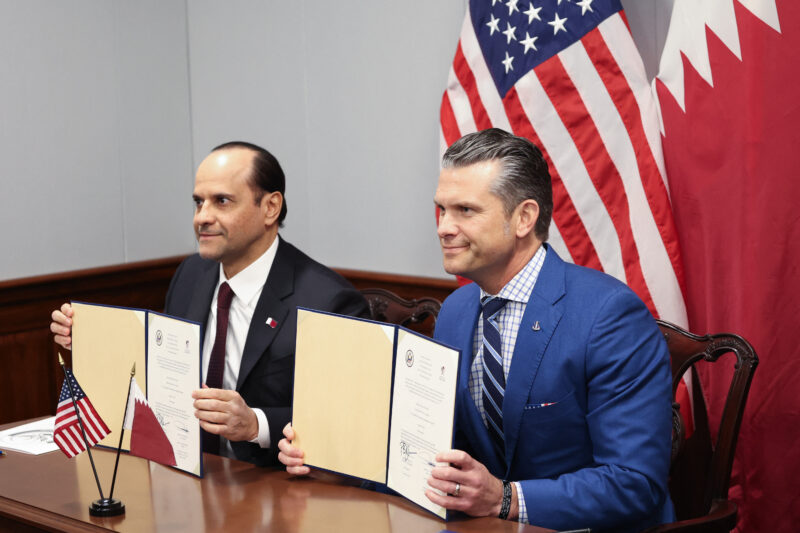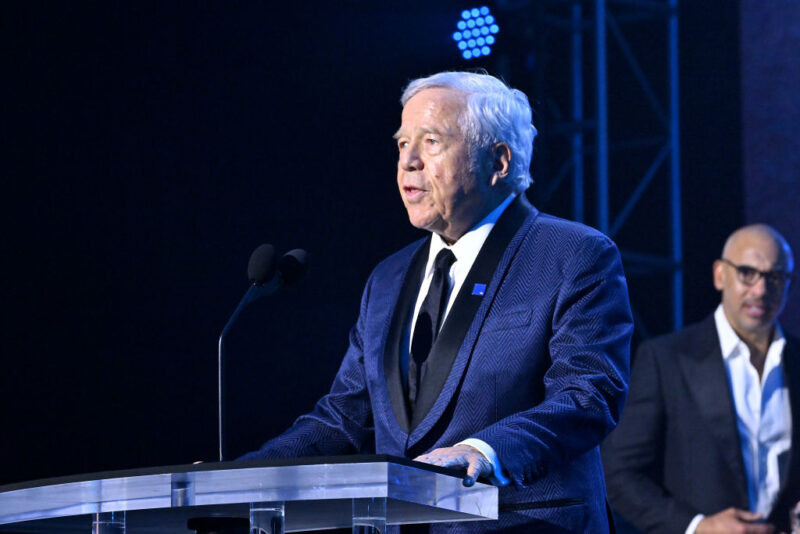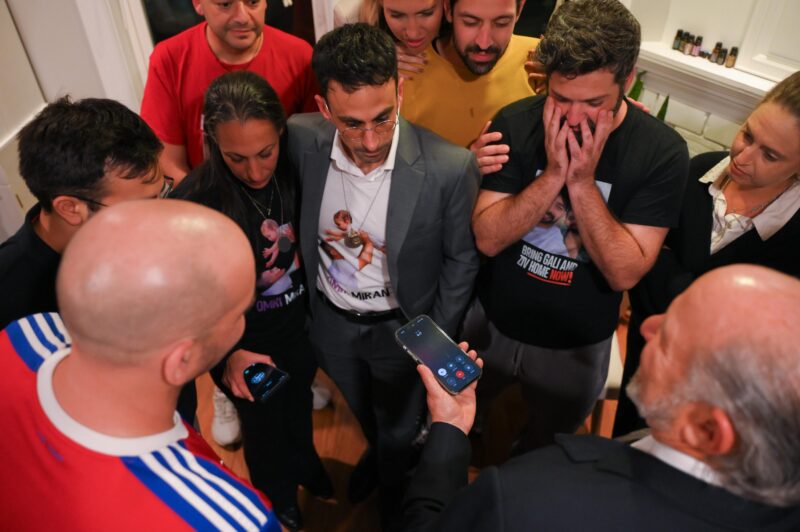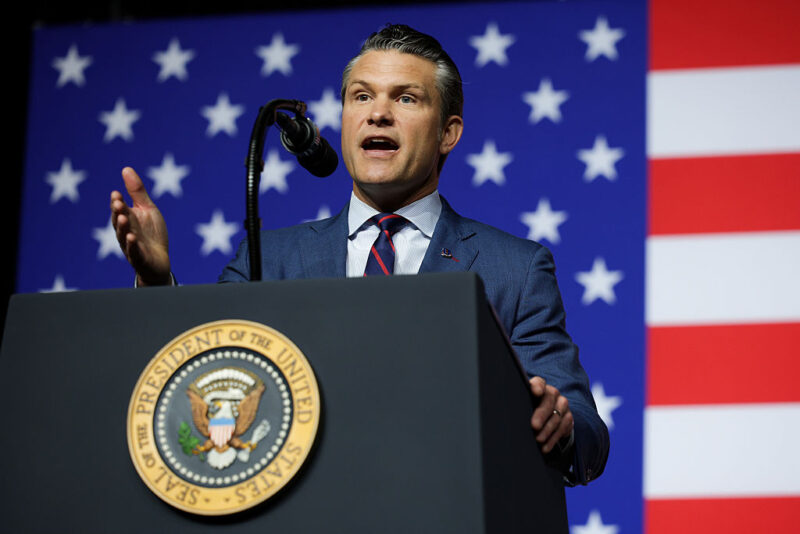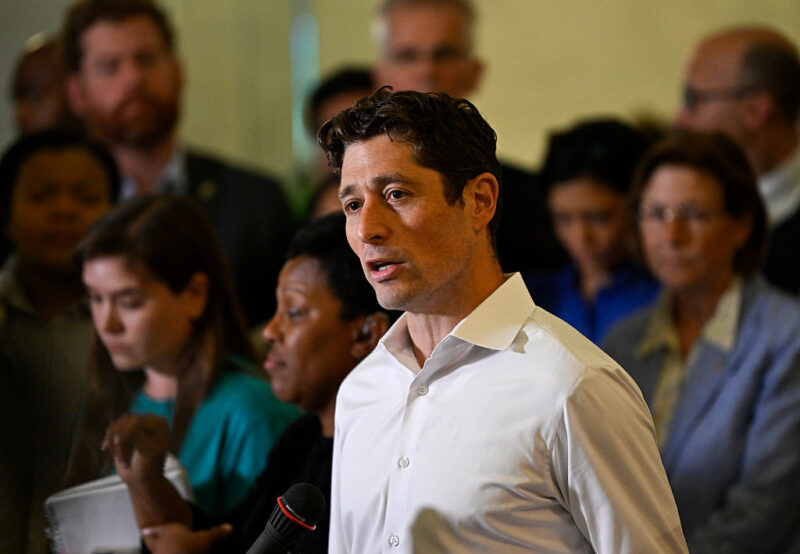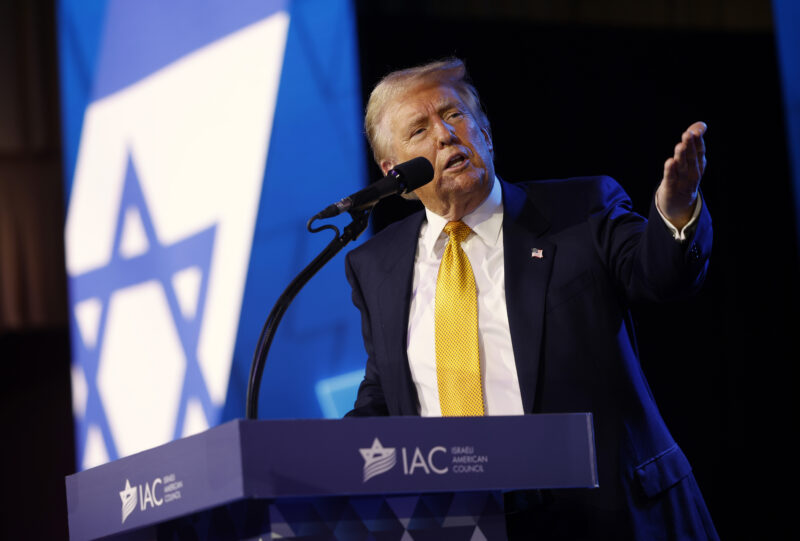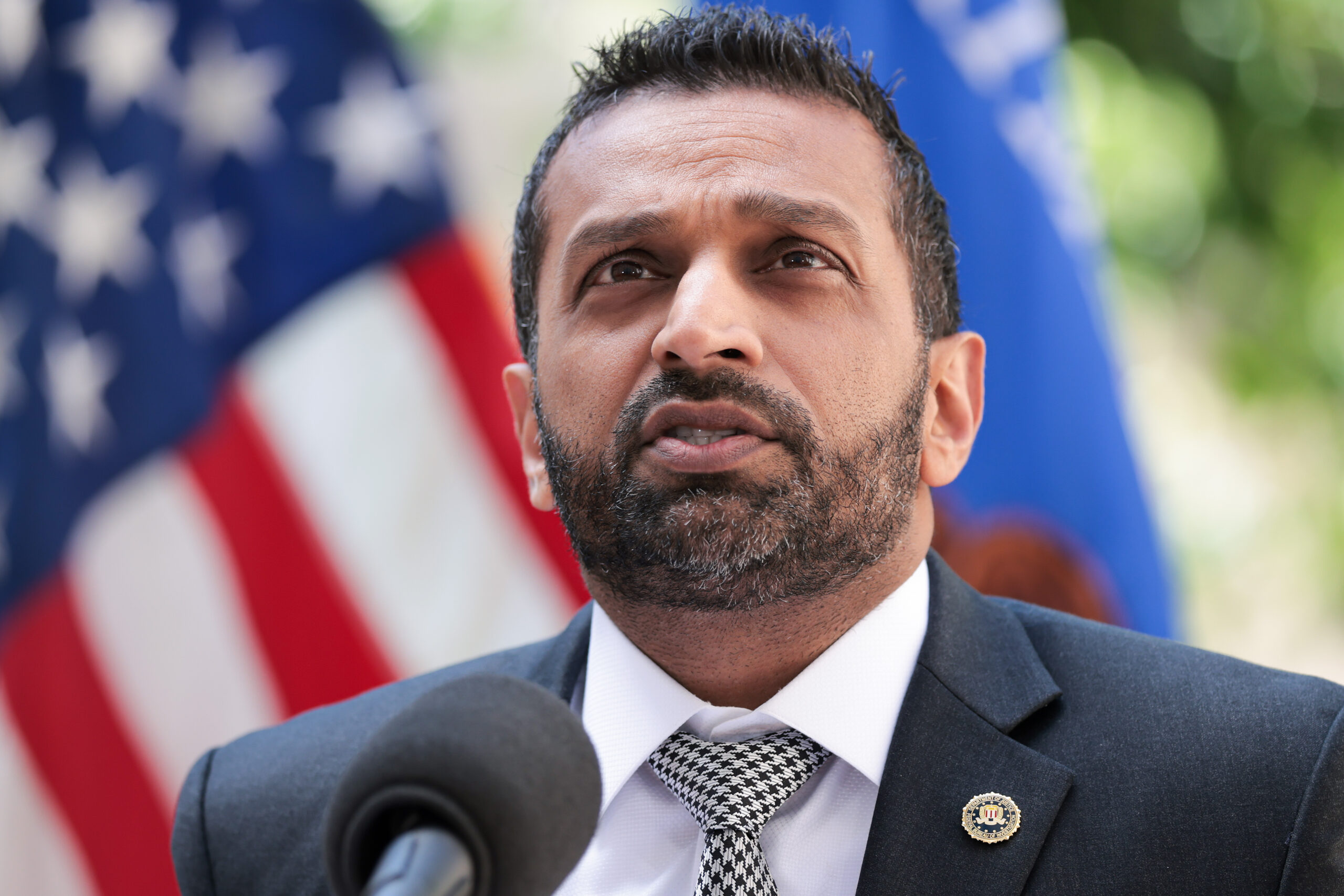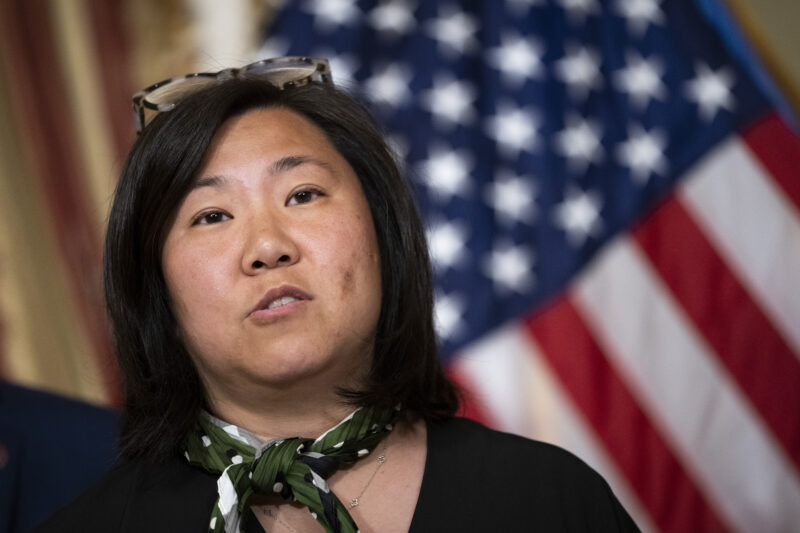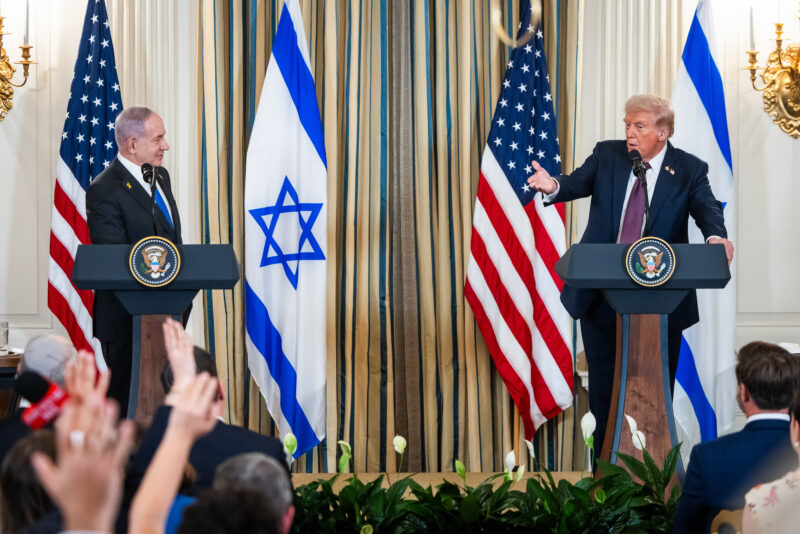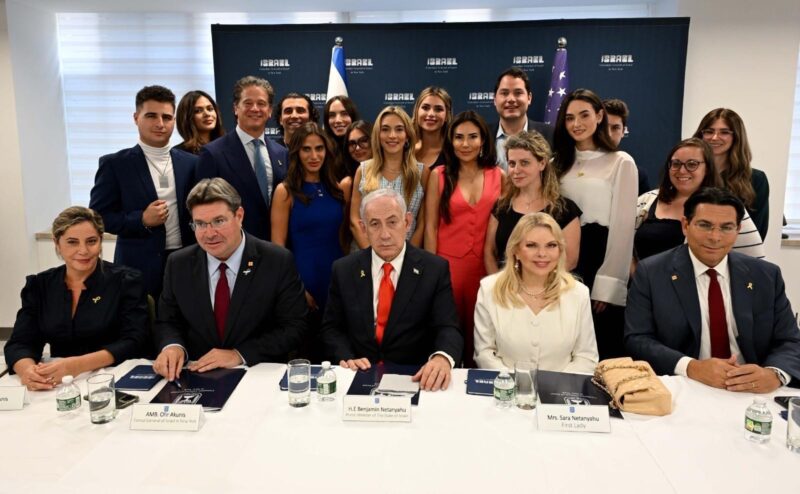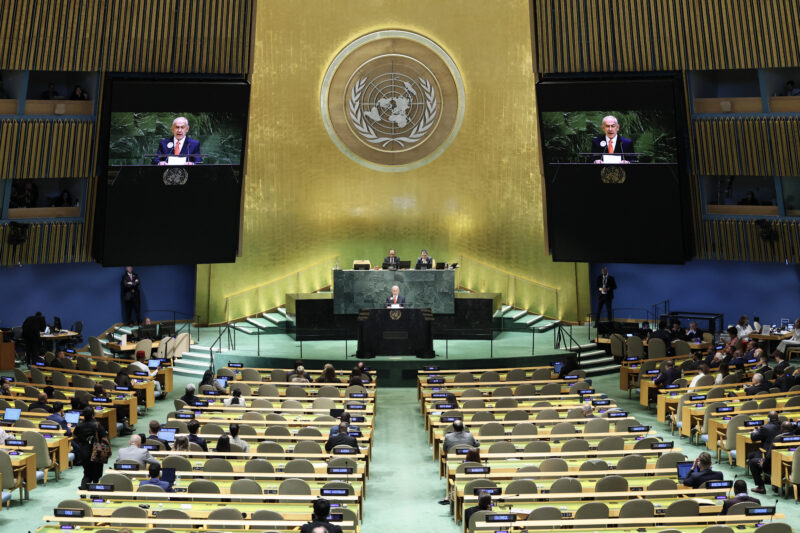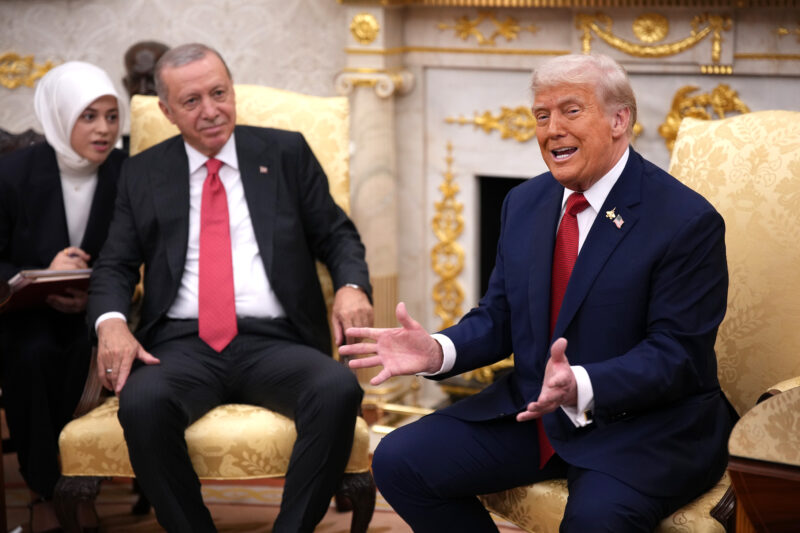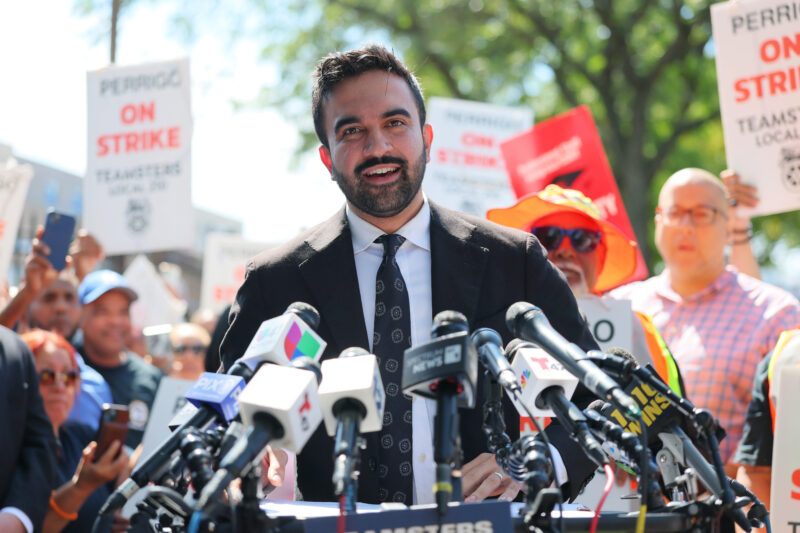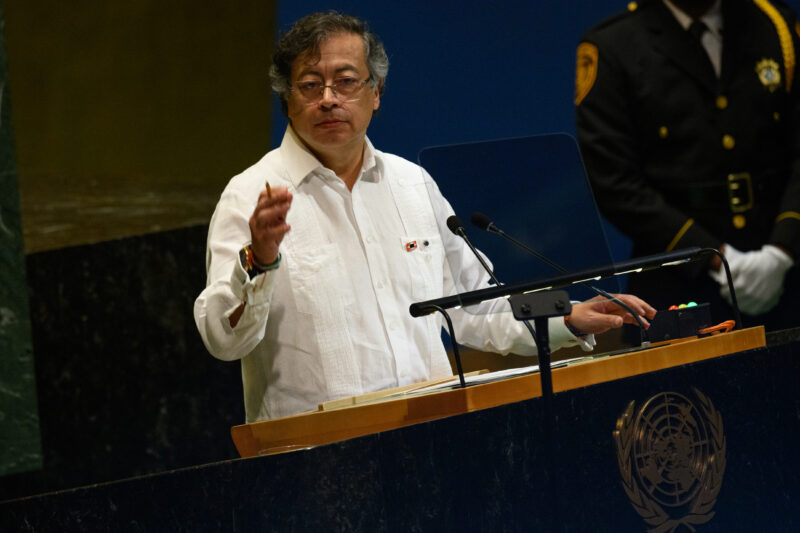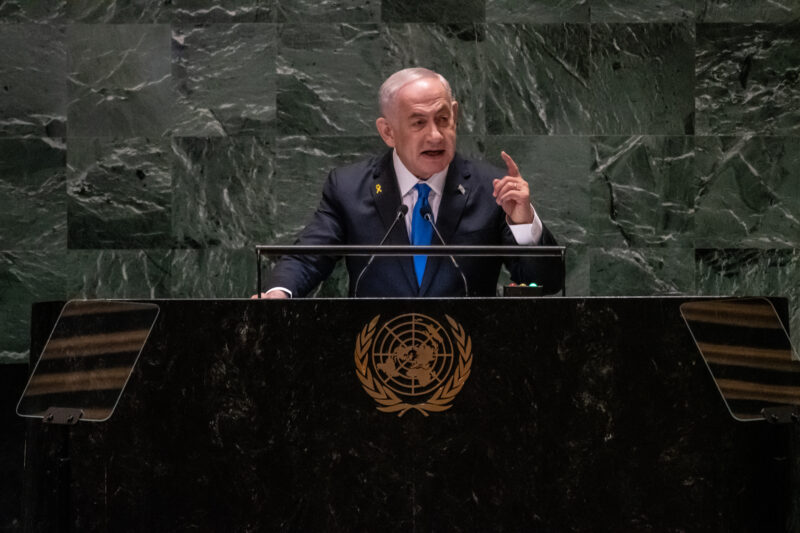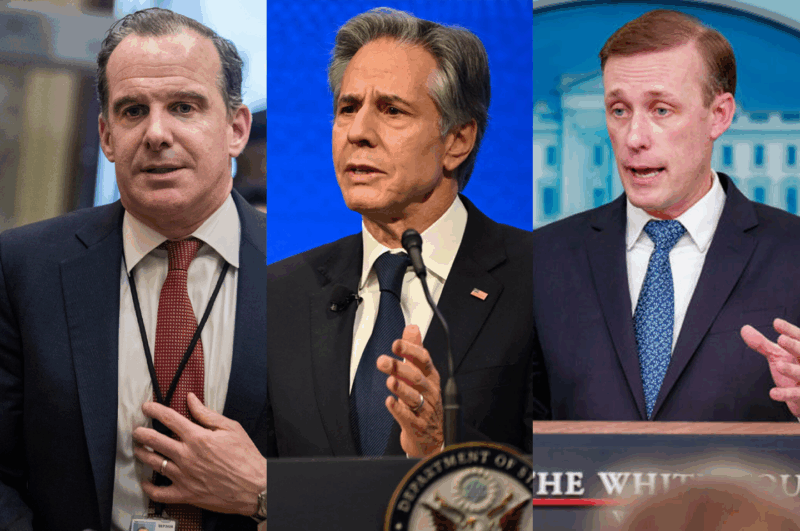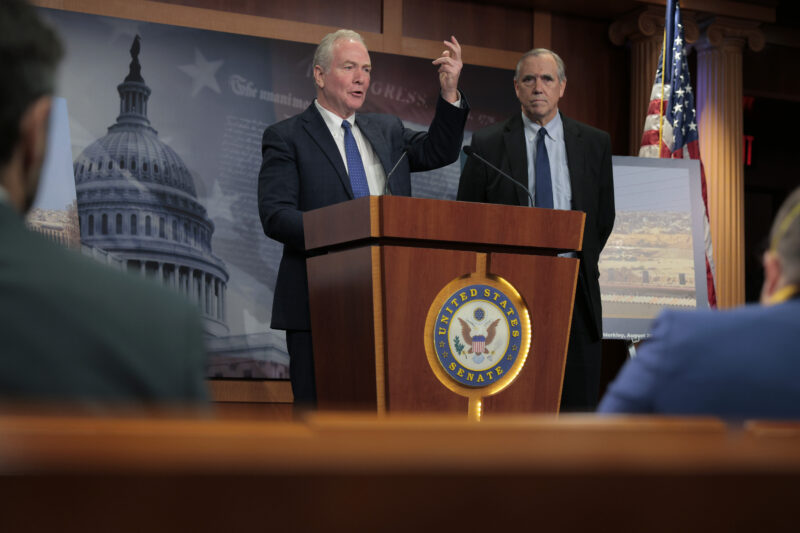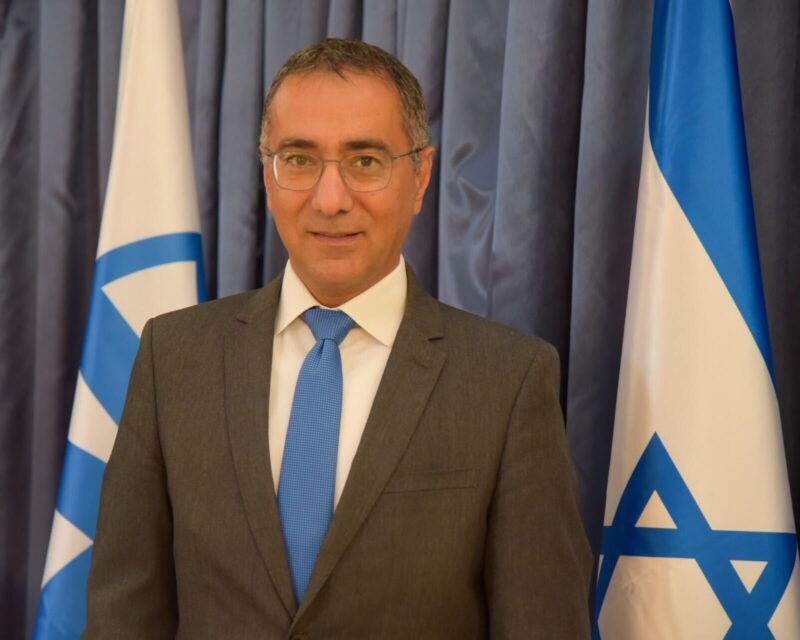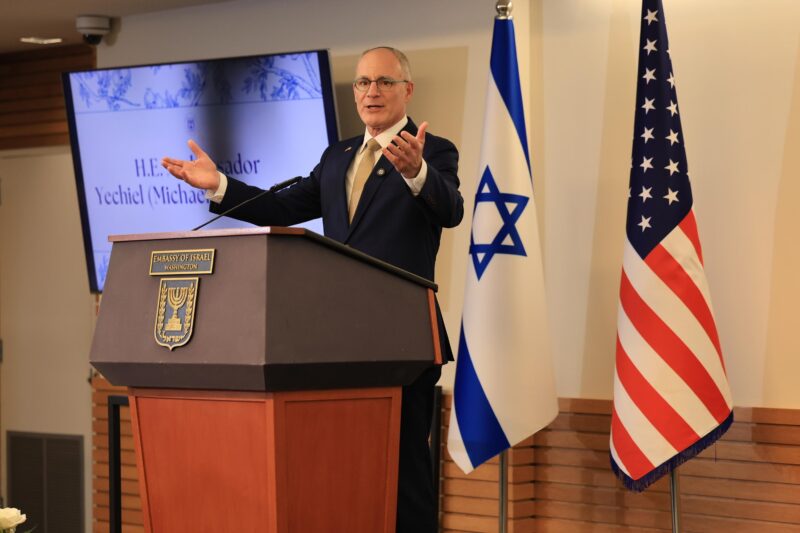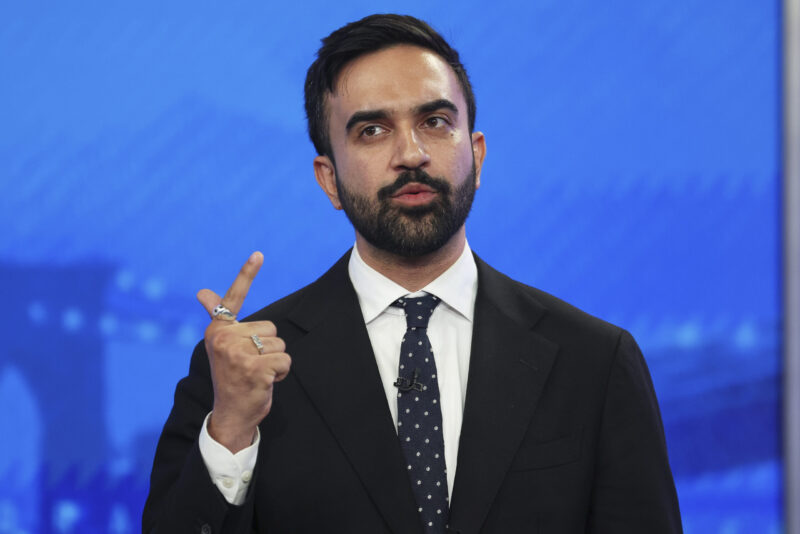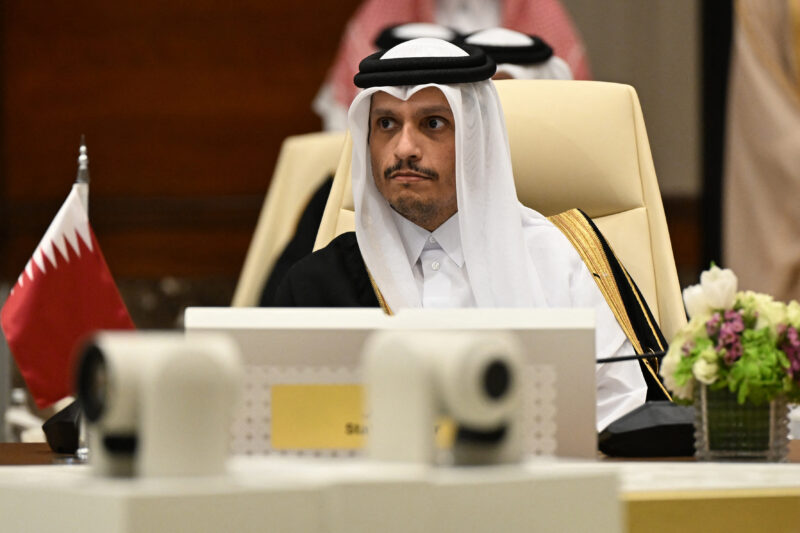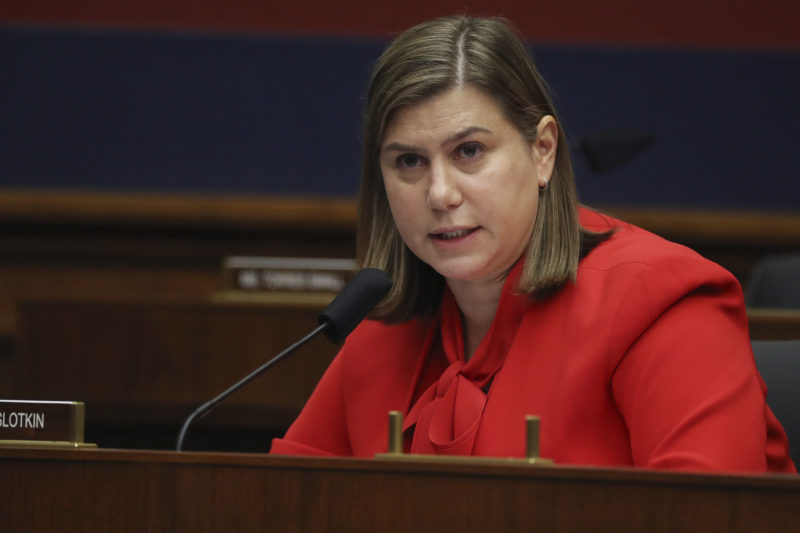The administration says the move is part of President Trump’s ‘renewed maximum pressure campaign’
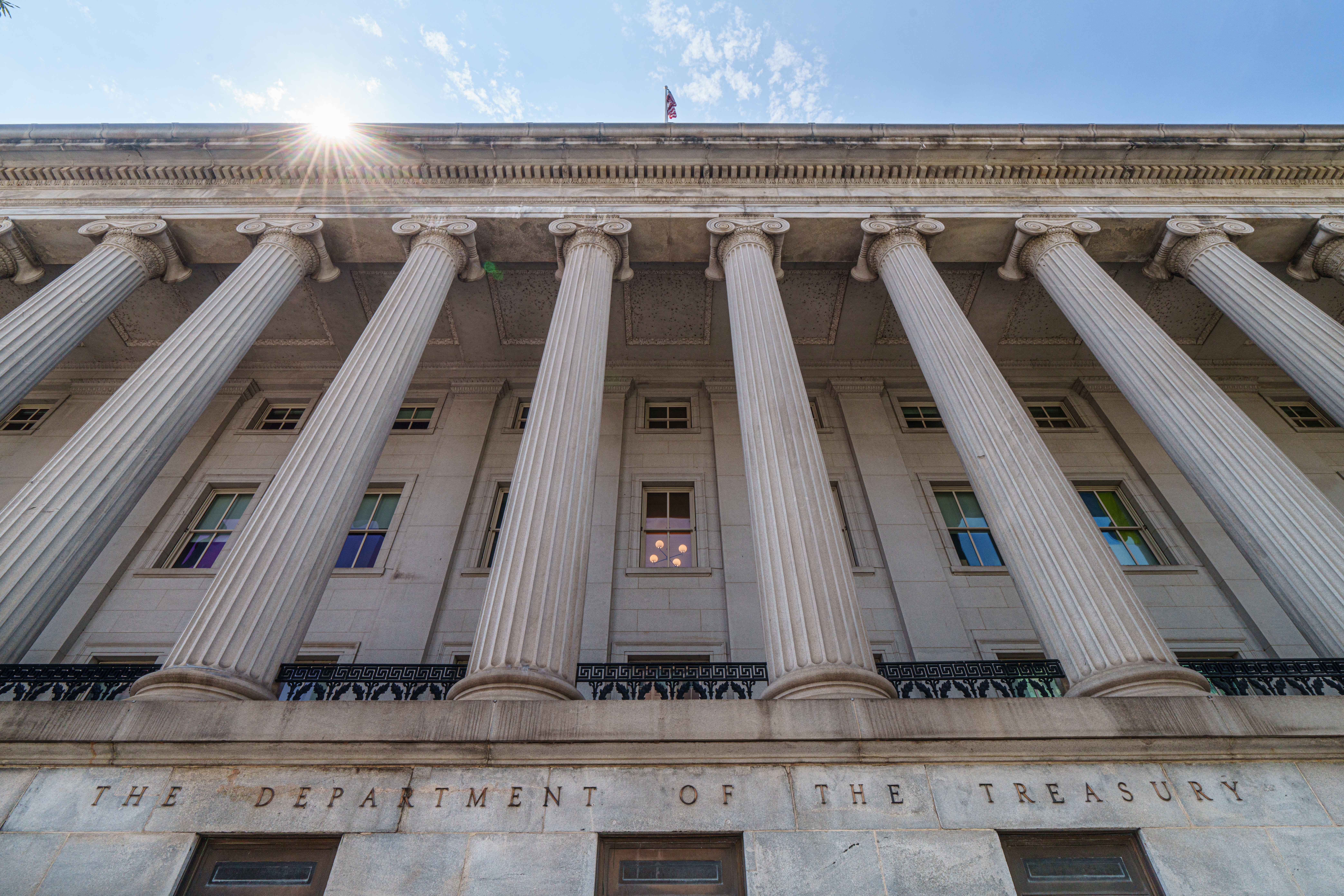
J. David Ake/Getty Images
The sun flares over the top of the side entrance to the U.S. Treasury Department Building on August 18, 2024, in Washington, DC.
The Treasury Department announced on Wednesday that it sanctioned an illicit Iranian shipping empire run by Mohammad Hossein Shamkhani, the son of a prominent Iranian government official. According to officials at the Treasury Department, the new sanctions — targeting more than 115 individuals, entities and shipping vessels — represent the largest Iran-related action since 2018.
“Our goal is to limit Tehran’s primary source of revenue, to pressure the regime to end its nuclear threat, curtail its ballistic missile program and stop its support for terrorist groups,” Deputy Treasury Secretary Michael Faulkender told reporters on Wednesday. “The Trump administration seeks to drive down Iranian oil exports under President [Donald] Trump’s renewed max pressure campaign.”
Shamkhani is the son of Ali Shamkhani, a senior advisor to Iran’s supreme leader, who had supervised nuclear negotiations with the U.S. earlier this year. He controls a vast shipping network that stretches far beyond Iran, with ties to India, the United Arab Emirates, Turkey, Italy and Switzerland, among other nations based mostly in Europe and the Middle East, according to the Treasury Department. The network generates tens of billions of dollars in profit.
Shamkhani and other Iranian oil traders often obscure their connections to Iran when overseas, and Treasury Department officials said the new sanctions will make it more difficult for them to conduct business abroad.
“What this action underscores is the extraordinary steps the Iranian regime is having to go through to execute oil sales,” a senior Treasury official said Wednesday. “Those that continue to go forward are going to be more complicated, making it harder for Iran to execute, and more importantly, likely resulting in them generating less revenue.”
Shamkhani’s network does not only transport Iranian oil. It also transports Russian oil, and last week he was sanctioned by the European Union for his role in the Russian oil trade.
“We fully are recognizing and going after this network because of the illicit activity that involves Russia and Iran,” the senior official said. A Bloomberg News investigation published last year detailed Shamkhani’s ties to both Moscow and Tehran.
According to a Foundation for Defense of Democracies analysis, Iran exported 1.7 million barrels of oil per day in June, a higher figure than during the Biden administration. Iranian oil exports averaged 800,000 barrels per day at points in Trump’s first term, at the height of his maximum pressure sanctions campaign.
The sanctions target five individuals and five ‘sham charities’ that provide financial support for Hamas’ terror activities

J. David Ake/Getty Images
The sun flares over the top of the side entrance to the U.S. Treasury Department Building on August 18, 2024, in Washington, DC.
The Treasury Department imposed sanctions on Tuesday on several individuals and charities that the U.S. alleges are connected to the terrorist groups Hamas and the Popular Front for the Liberation of Palestine.
“Today’s action underscores the importance of safeguarding the charitable sector from abuse by terrorists like Hamas and the PFLP, who continue to leverage sham charities as fronts for funding their terrorist and military operations,” Michael Faulkender, the department’s deputy secretary, said in a statement.
“Treasury will continue to use all available tools to prevent Hamas, the PFLP, and other terrorist actors from exploiting the humanitarian situation in Gaza to fund their violent activities at the expense of their own people.”
The sanctions will target “five individuals and five sham charities located abroad that are prominent financial supporters of Hamas’s Military Wing and its terrorist activities,” the Treasury Department said, as well as a separate fraudulent charity linked to the PFLP.
Both terror groups have a long history of abusing the charitable sector under the pretense of humanitarian work. The sanctions come as Hamas continues to hold 55 hostages in Gaza — including the bodies of two Americans.
The sanctions will have implications, including civil and criminal penalties, for any individual or entity that does business with the designated groups, according to the department.
The announcement builds on recent Treasury Department efforts to target terror funding networks, including its designation in October of the anti-Israel group Samidoun as a “sham charity” operating as a key international fundraiser for PFLP.





